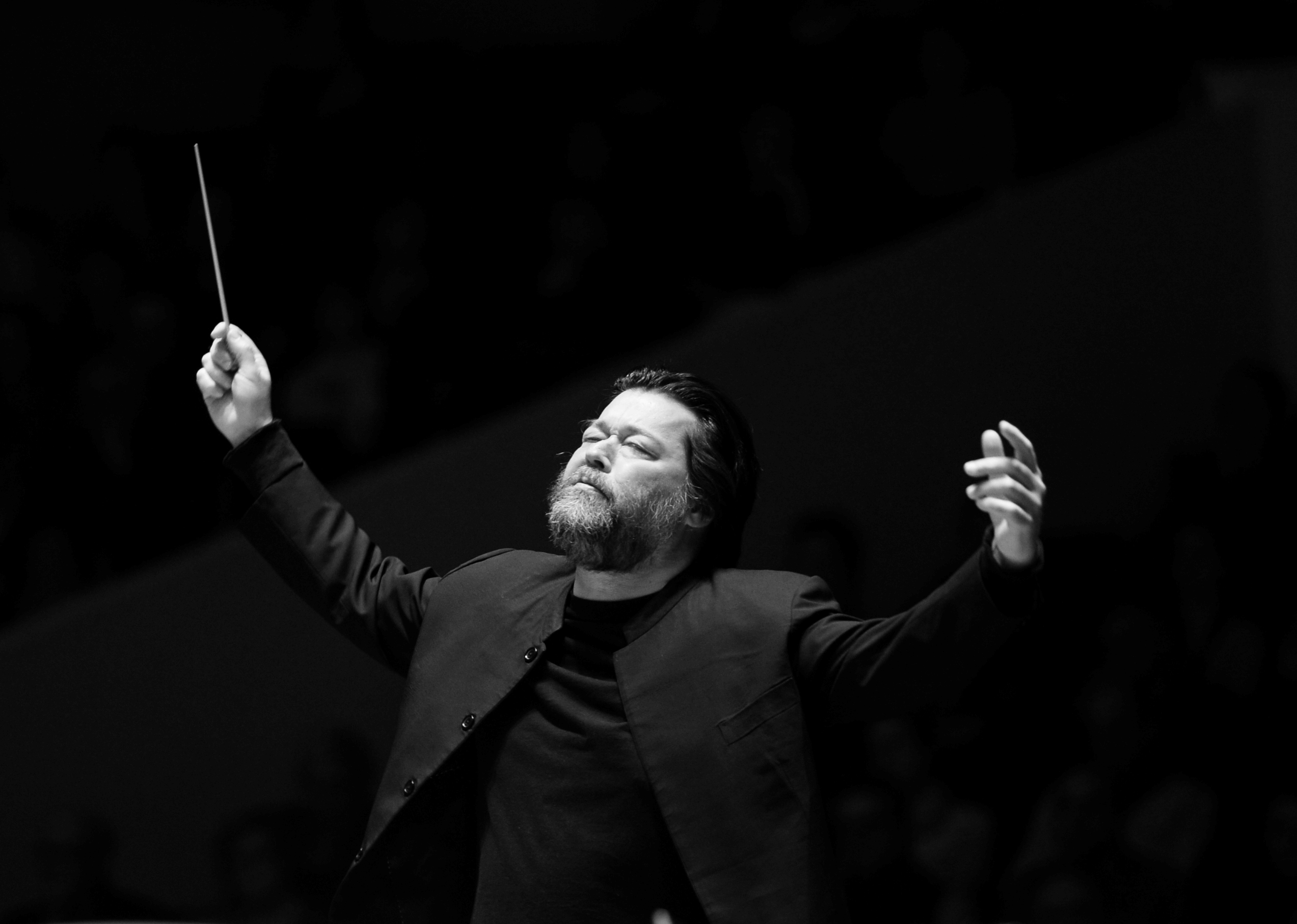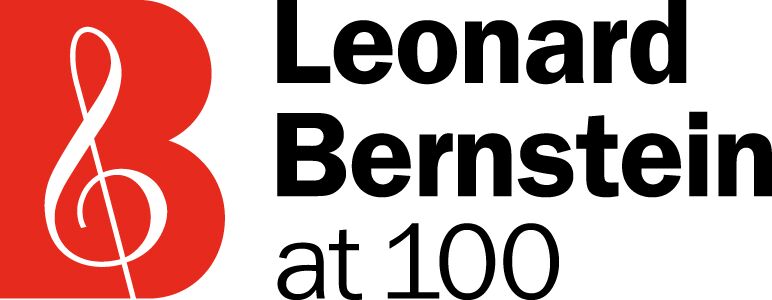An American of Norwegian and Japanese descent, Joseph Swensen was born in Hoboken, New Jersey and grew up in Harlem, New York City. He currently holds the post of Conductor Emeritus of the Scottish Chamber Orchestra, where he was Principal Conductor from 1996-2005. He is Principal Guest Conductor of the Orquesta Ciudad de Granada, in Spain, and Artistic Partner of the Northwest Sinfonietta, in the United States. He has served as Principal Guest Conductor and Artistic Adviser of the Orchestre de Chambre de Paris from 2009-2012 and has held positions at the Malmö Opera (2008-2011), Lahti Symphony, and the BBC National Orchestra of Wales. Swensen is the Starling Professor of Music, violin, at Indiana University, Jacobs School of Music. He has also been awarded an honorary doctorate from St. Andrew’s University, Scotland, and was invited to give a TEDx Talk with the title “Habitats for Music and the Sound of Math,” about music education and the developing brain, at the New York Institute of Technology. Joseph and Victoria Swensen are the founders of Habitat4Music, a non-profit organisation devoted to establishing participatory music education programs for children in underserved areas world-wide.
Aaron Copeland’s Quiet City was initially composed as incidental music for a production by the Group Theatre in New York, of Irwin Shaw’s play of the same title. In the summer of 1940, Copland resurrected this music and turned it into an orchestral piece, written only for trumpet, English horn, and strings. Following the premiere of the orchestral version, in early 1941, Ross Parmenter wrote in The New York Times, “The work had in its silent streets the slogging gait of a dispossessed man and some of the feeling of mournful beauty that comes from loneliness.”
In a conversation with Vivian Perlis, published in Copland: 1900-1942, the composer recalled: Quiet City was billed as a “realistic fantasy,” a contradiction in terms that only meant the stylistic differences made for difficulties in production. The script was about a young trumpet player who imagined the night thoughts of many different people in a great city and played trumpet to express his emotions and to arouse the consciences of the other characters and of the audience. After reading the play, I composed music that I hoped would evoke the inner distress of the central character. [Group Theatre cofounder Harold] Clurman and Elia Kazan, the director, agreed that Quiet City needed a free and imaginative treatment. They and the cast … struggled valiantly to make the play convincing, but after two try-out performances in April [1939], Quiet City was dropped.
American composer, John Adams, wrote Shaker Loops, in 1978, initially under the working title Wavemaker. However, upon premiering as Wavemaker the work was dubbed unsuccessful and was then revisited and retitled. The new name, Shaker loops, comes from the verb, to shake, meaning tremelo or trill and loops, referring to the tape music era. The work is an example of Adams’s post-minimalist style. He draws on the conventions of minimalism but makes use of dramatic, dynamic gestures and harmonies more associated with the music of the Romantic period. The composer said the piece, “differs from most other works of its kind because it sees so so much change within a relatively short amount of time. Also, it avoids the formal and temporal purity of such “minimal” music by not adhering to a single unbending tempo throughout.” The revised version can be performed by either a septet of string soloists or by a string orchestra of any size.
Although Samuel Barber dismissed much of his early music, he remained attached to Dover Beach, which he composed in 1931. The piece was premiered in New York on March 5, 1933. The composer himself had a fine baritone voice and performed the piece at a concert attended by Vaughan Williams. The later composer approached Barber afterwards and encouraged him to continue his musical career. The work is a setting of Matthew Arnold’s poem of the same name, which depicts human misery as grounded in the loss of religious faith. The emotions evoked by the words and music are notedly contemporary for their era with the timbres of the string quartet creating a strongly melancholy effect. Through the musical language, Barber stresses the indifference of nature in the face of human doubt.
Leonard Bernstein composed Serenade during the summer of 1954, while he was also focused on his musical Candide. The violin concerto he had created later became the five-movement Serenade, satisfying two commitments, a commission for the Koussevitzky Foundation, as well as a piece for violin and orchestra for his friend and violinist, Isaac Stern. Bernstein dedicated the piece to the memory of his mentor, Serge Koussevitzky, and to Koussevitzky’s first wife, Natalie. The premiere performance took place on September 9, 1954, at the Teatro La Fenice, in Venice, Italy with Isaac Stern and the Israel Philharmonic Orchestra led by Bernstein.
Bernstein explained that the work, “resulted from a rereading of Plato’s charming dialogue, The Symposium.” The dialogue itself is concerned primarily with the nature and purpose of love. The text explores love through a series of speeches in praise of Eros. According to the composer, “The music, like the dialogue, is a series of related statements in praise of love, and generally follows the Platonic form through the succession of speakers at the banquet.” Each movement represents a different speaker; I. Phaedrus, II. Aristophanes, III. Erixymathus, IV. Agathon, V. Socrates
Love is simply the name for the desire and pursuit of the whole. - Plato, The Symposium
Alixandra Porembski, English Language Annotator


